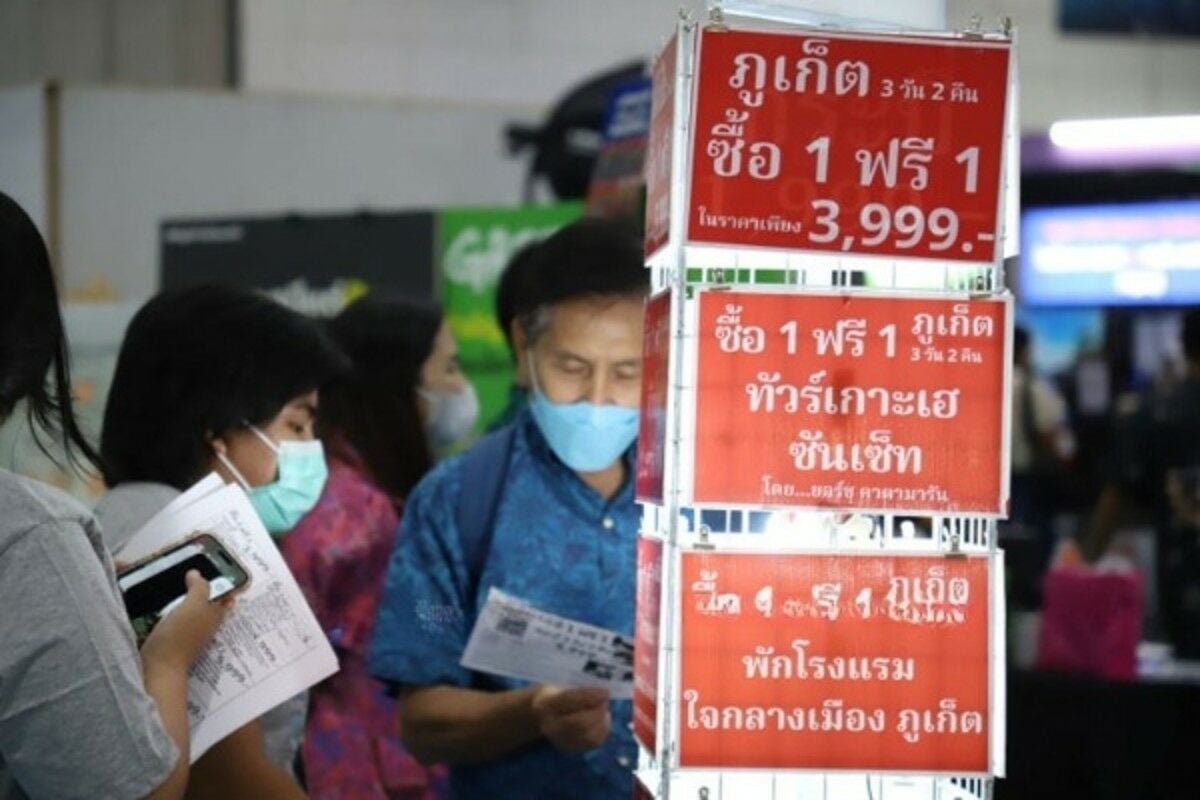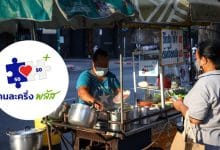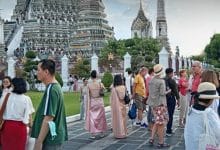Thai hotels back new co-payment scheme amid fraud cases

Hotel operators in Thailand have embraced a proposal to revive the co-payment scheme for hotel expenses, viewing it as a potential boost for domestic spending. However, concerns have been raised regarding 1,400 unresolved fraud cases from the scheme’s previous phases.
Tourism and Sports Minister Sorawong Thienthong discussed the matter with Prime Minister Paetongtarn Shinawatra, who agreed in principle to reintroduce the stimulus programme, originally launched during the Prayut Chan-o-cha administration.
Thienprasit Chaiyapatranun, Thai Hotels Association (THA) President, expressed support for the programme but suggested its implementation be delayed until after the Songkran festival next year. He emphasised the need for the government to consult with the private sector before launching the scheme, citing past implementation challenges faced by hotel operators.
“THA wants the government to collaborate with the private sector to avoid the obstacles experienced during the initial phases.”
In the same meeting with Sorawong, THA urged the government to tackle the issue of unregistered hotels, which are prevalent across Thailand.
Somradee Chitchong, Deputy Governor for Domestic Marketing at the Tourism Authority of Thailand (TAT), highlighted the benefits of the co-payment programme for domestic tourism. However, she noted the lessons learned from the previous two phases, which left around 1,400 fraud cases unresolved and resulted in the blacklisting of 1,400 hotels.
“If the government plans to reintroduce this project, it should implement robust mechanisms to prevent fraud. Legal actions against the guilty parties place a significant burden on the police, who have limited manpower. From almost 8,000 plaintiffs and defendants, only 10 cases from previous phases have been closed.”
Somradee, who managed the project as deputy governor for administration, suggested the stimulus only be reimplemented during a crisis akin to Covid-19. For the upcoming high season, she recommended alternative measures to stimulate domestic tourism, such as reducing travel costs, including airfares and fuel, which remain high, reported Bangkok Post.
“Promoting special airfares in collaboration with Thai airlines during the low season and leveraging the 9.9 promotional campaign this month demonstrated effectiveness, generating more than 1.5 billion baht.”
Latest Thailand News
Follow The Thaiger on Google News:


























